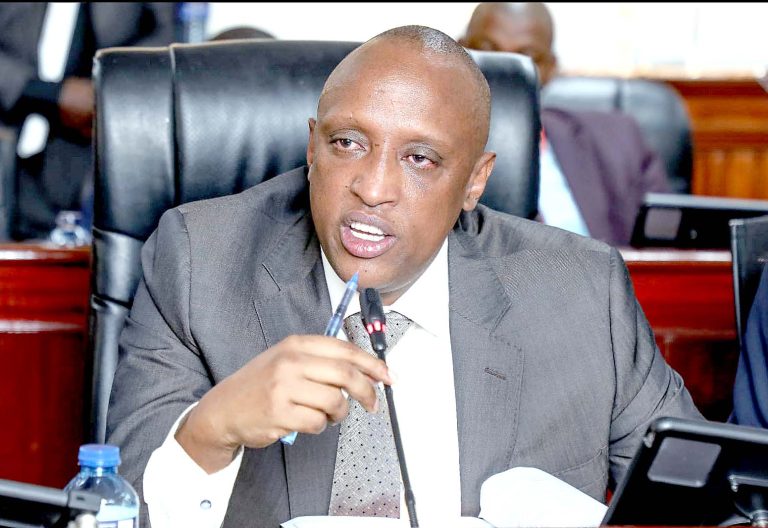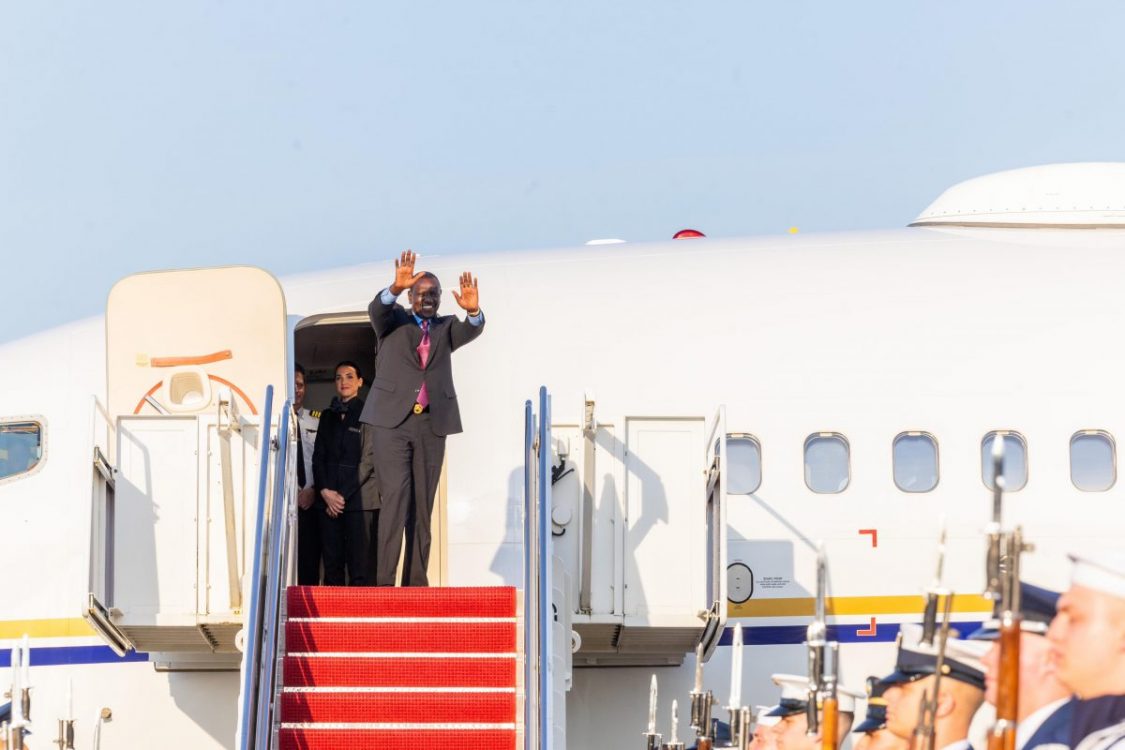Questions arise on UAE intentions in jet gift to Ruto
By Noel.Wandera, June 4, 2024President William Ruto’s admission that unnamed friends from the United Arab Emirates (UAE) provided him with a jet at heavily subsidised rates has sparked a fiery debate across Kenya. The gesture, which cost Kenyan taxpayers a relatively modest Sh10 million, is seen by some as a symbol of a burgeoning friendship and by others as a potential prelude to deeper strings attached.
The UAE’s act of providing a jet for Ruto’s state visit to the United States is not an isolated incident but part of a pattern of engagement with Kenya and the broader East African region. This has led to speculation about the UAE’s long-term intentions. Is this a strategic alliance forming, or might Kenya find itself indebted in a diplomacy that could sway future tenders and investments.
The situation mirrors the UAE’s involvement in Tanzania, where a company with ties to Abu Dhabi secured a 30-year concession to manage a container terminal at the Dar es Salaam port. This move was a significant step in infrastructure development but also raises questions about foreign control over national assets.
Adding to the complexity are allegations surrounding the UAE’s role in wildlife management in East Africa. Reports of animals being lifted from Tanzania’s Serengeti National Park and the granting of hunting blocks in Loliondo to entities linked to Abu Dhabi have been met with concern. These actions have implications for conservation efforts and the rights of indigenous communities.
The UAE’s investments in East Africa, including the jet provision and port management, can be seen as efforts to foster economic growth and development. However, there is a thin line between beneficial investments and economic intrusions that could lead to a loss of autonomy.
As Kenya navigates its relationship with the UAE, it must balance the benefits of foreign aid and investment against the need for self-determination. Kenya must ensure that its sovereignty remains intact, especially when it comes to managing its resources and making decisions that affect its future.
Ruto’s jet arrangement with the UAE has sparked heated debate, reflecting the complexities of international relations and the fine line between aid and influence. As Kenya and other East African nations engage with foreign powers, they must do so with a cautious embrace, ensuring that their national interests are not compromised in the pursuit of development and prosperity.
The provision of the jet by unnamed friends from the UAE raises questions about the nature of their relationship with Ruto and the Kenyan government. While the gesture may seem innocuous on the surface, it opens the door to potential influence peddling and the blurring of lines between personal and state interests.
The UAE’s involvement in Tanzania’s port management and wildlife management further highlights the need for transparency and accountability in these partnerships. It is crucial that the public gets access to information about the terms of these agreements and the potential risks and benefits they pose to the nation.
Civil society and the media have a vital role to play in scrutinising these foreign partnerships and holding the government accountable. They must remain vigilant in monitoring the implementation of these agreements and their impact on the lives of ordinary citizens.
The debate surrounding Ruto’s jet is not just about a single incident but about the broader question of how Kenya should engage with foreign powers. It is a conversation that must involve all stakeholders, from the government to the people, to ensure that the country’s interests are protected and its sovereignty is maintained.
— The writer is a Business Correspondent with People Daily
More Articles

